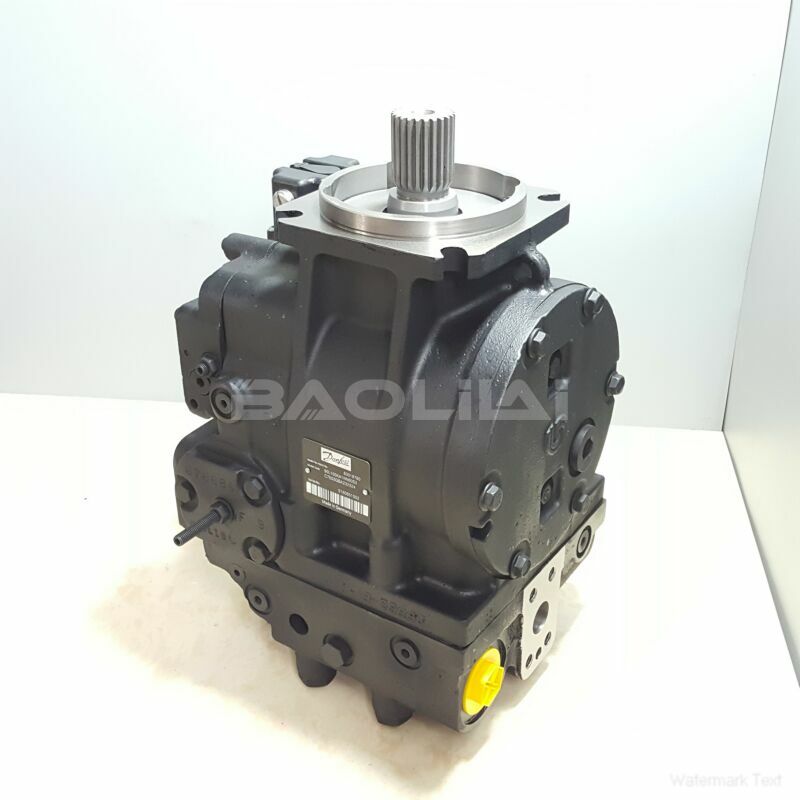90L130MA5NN80S3F1FC5EBA383824 piston pump
90L130MA5NN80S3F1FC5EBA383824 piston pump

- Product Details
- Applicable Scene
Hydraulic pumps play a vital role in a variety of industries, providing the necessary force to power machines and equipment. In critical applications, the failure of a hydraulic pump can lead to significant downtimes, safety hazards, and costly repairs. To mitigate these risks, operators and maintenance personnel should adopt preventive measures that enhance the reliability and longevity of hydraulic systems. Here are several strategies to reduce the risk of hydraulic pump failure in critical applications:
90L130-MA-5-NN-80-S-3-F1-F-C5-EBA-38-38-24
90L130MA5NN80S3F1FC5EBA383824
Regular Maintenance and Inspections: Establish a routine maintenance schedule that includes regular inspections of hydraulic pumps and associated components. Check for signs of wear, corrosion, leaks, or abnormal noises. Early detection of issues can prevent more significant problems down the line.

80004525
Proper Fluid Management: Hydraulic fluid quality is crucial for the performance of the pump. Regularly monitor fluid levels and ensure that the hydraulic fluid is free of contaminants such as dirt, water, and particulates. Filtration systems should be in place to keep the fluid clean, and fluid change intervals should be maintained based on manufacturer recommendations.
Temperature Control: Hydraulic pumps operate best within certain temperature ranges. Excessive heat can lead to fluid degradation and component failure. Use cooling systems to maintain optimal temperatures and monitor temperatures regularly to avoid overheating.
Power Supply Stability: Fluctuations in power supply can adversely affect hydraulic pumps. Use uninterruptible power supplies (UPS) or voltage regulators to ensure stable and reliable power to prevent operational instability that could lead to pump failure.
Adequate Training for Operators: The human element is critical in the operation of hydraulic systems. Ensure that all personnel are properly trained on the operation and maintenance of hydraulic pumps. They should understand the operational parameters and be able to recognize signs of malfunction.





